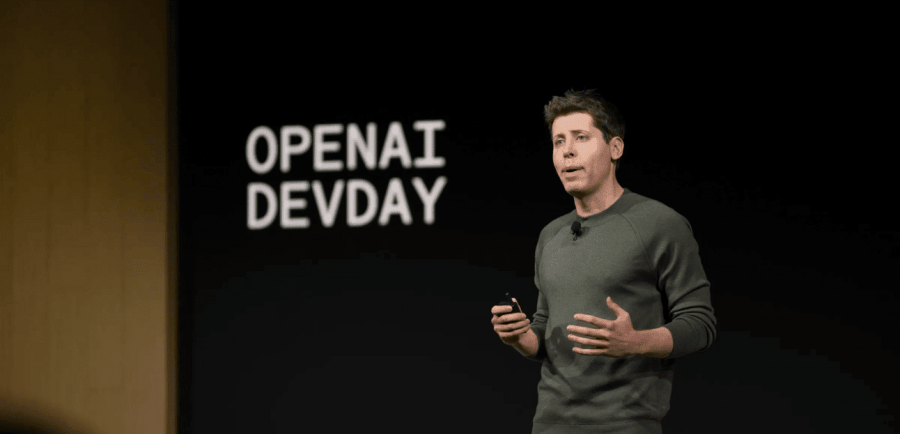OpenAI's Vision for AI Employees: Sam Altman Reflects on ChatGPT's Second Anniversary
On ChatGPT's second anniversary, OpenAI CEO Sam Altman shares insights into the development of AI employees and the future of artificial intelligence.


As we mark the second anniversary of ChatGPT, OpenAI's groundbreaking AI language model, CEO Sam Altman has provided a comprehensive reflection on the journey thus far and the exciting developments on the horizon. In a recent blog post, Altman expressed confidence in OpenAI's progress toward creating Artificial General Intelligence (AGI) and introduced the concept of AI employees potentially joining the workforce in the near future.
The Journey to AGI
OpenAI, founded nearly nine years ago, embarked on a mission to develop AGI—machines capable of understanding and learning any intellectual task that a human can. Altman notes that while the path has been filled with challenges, the progress made has been substantial. The launch of ChatGPT on November 30, 2022, served as a pivotal moment, demonstrating the potential of AI to engage in human-like conversations and perform complex reasoning tasks.
AI Employees: A New Era in the Workforce
Altman reveals that OpenAI is now poised to introduce AI employees—advanced AI agents designed to integrate into the workforce and enhance productivity. He states, "We believe that, in 2025, we may see the first AI agents 'join the workforce' and materially change the output of companies." This development signifies a transformative shift in how businesses operate, with AI employees collaborating alongside humans to achieve greater efficiency and innovation.
The Impact of ChatGPT
Since its inception, ChatGPT has experienced remarkable growth, now boasting over 300 million active users worldwide. Its ability to generate human-like text has found applications across various industries, from customer service to content creation. Altman reflects on the rapid adoption and the unforeseen tipping point that ChatGPT represented in the AI revolution, stating, "We always knew, abstractly, that at some point we would hit a tipping point and the AI revolution would get kicked off. But we didn’t know what the moment would be. To our surprise, it turned out to be this."
Looking Ahead: Superintelligence and Beyond
Beyond the introduction of AI employees, OpenAI is setting its sights on developing superintelligence—AI systems that surpass human intelligence. Altman envisions that such tools could significantly accelerate scientific discovery and innovation, leading to unprecedented levels of abundance and prosperity. He emphasizes the importance of iterative deployment, allowing society to adapt and co-evolve with the technology, ensuring that the benefits of AI are broadly distributed. Sam Altman Blog
Challenges and Considerations
While the prospects of AI integration into the workforce are promising, Altman acknowledges the complexities involved. The rapid development and deployment of AI technologies necessitate careful consideration of ethical implications, governance, and the potential societal impact. OpenAI's journey has been marked by both triumphs and challenges, including internal restructuring and the need for robust governance frameworks to manage the transformative power of AI.
Conclusion
As OpenAI continues to push the boundaries of artificial intelligence, the forthcoming introduction of AI employees represents a significant milestone in the evolution of work and technology. Altman's reflections underscore a commitment to advancing AI in a manner that is both innovative and conscientious, striving to ensure that the rise of AI contributes positively to society. The journey from ChatGPT's launch to the brink of AGI and AI employees illustrates the rapid pace of AI development and the profound impact it is poised to have on the future